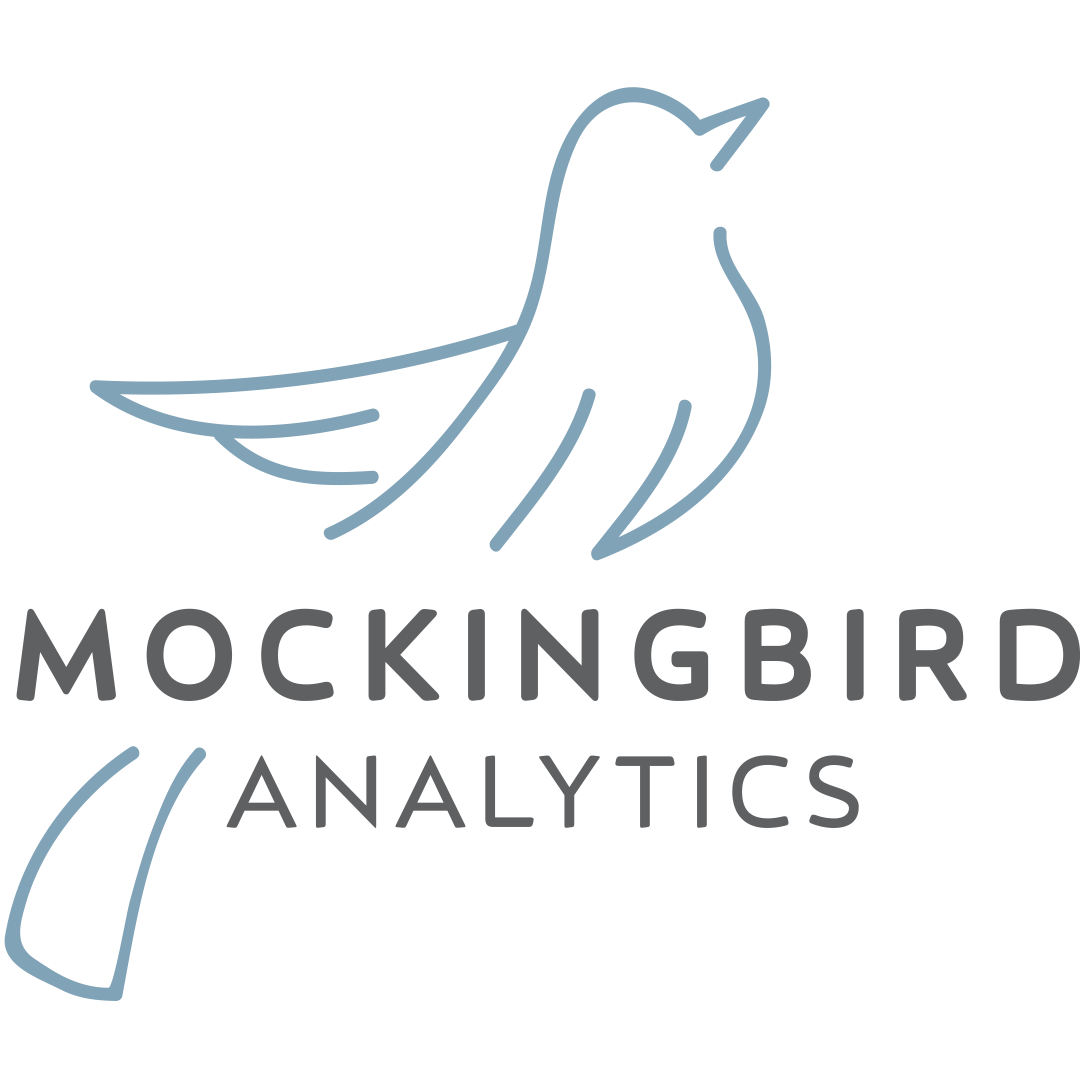On the Merits of External Evaluation
What if everyone you knew approved of everything you did? What if all of your ideas were greeted with enthusiastic nods, your projects were stamped with gold stars, and your reports were eagerly approved without hesitation?
Would you feel on top of the world? Or would you wonder if you’re truly getting honest feedback?
Sure, we all love getting pats on the back and being told we’re doing a bang-up job – especially those of us who are 1950s businessmen who still use the terminology “bang-up job” - but when everything you hear is positive, it might be time to reevaluate the sources of your feedback.
By using an outside evaluator, you can gain a more well rounded sense of your nonprofit.
Nonprofits are steeped in evaluation as a means to measure progress. Much of this evaluation comes from your grant writers, as they need to cherry pick the most impressive facts and figures to present to potential funders. However, in combing through your data and picking out all its most positive facets, is it possible they’re overlooking opportunities?
That’s where outside evaluators enter the equation. If you want to see the full picture of your nonprofit’s statistical health, you may want to look into bringing in an outsider. Whereas grant writers are focused on reporting positive information to appeal to funders, outside evaluators have no such incentive to push aside what might be construed as negative information.
Evaluators bring objectivity to your data, and some grants may even require the outlook of a professional evaluator. It can sometimes be difficult to see problems with your nonprofit because you and your coworkers are too close to it; an outside evaluator can provide a fresh perspective, and his or her findings will lend credibility to your reports.
It’s also possible that an independent evaluator will get more honest data than your staff. For example, if you run a rehabilitation facility, your patrons may not answer all of your staff’s questions honestly. If they admit to relapsing, they may fear being kicked out of the program. However, if a true outsider who guarantees their anonymity questions them, they may give more candid, true answers. This could help you better understand your successes and opportunities.
Yes, there will be an additional cost associated with hiring an evaluator, but it will also take some of the workload off your grant writers, who can use their time to focus on actual writing rather than evaluation.
Once you have solid, unbiased data, you can use it to determine best practices. What’s working within your organization? What could use a tune-up? Are there policies that you thought were working that, upon further investigation, aren’t as successful as you’d hoped?
By using an outside evaluator, you can gain a more well rounded sense of your nonprofit. Be prepared for constructive feedback, and use less positive data to understand your opportunities. Using unbiased information to help better your nonprofit will win you a gold star in any book – and maybe, just maybe, a bonus pat on the back.











Building a more meaningful nonprofit board is a critical task for organizations striving to make a lasting impact on their communities and causes. An engaged and effective board can be a driving force behind an organization's success. To help you navigate this journey, here are some recommendations on how to build a more meaningful nonprofit board.